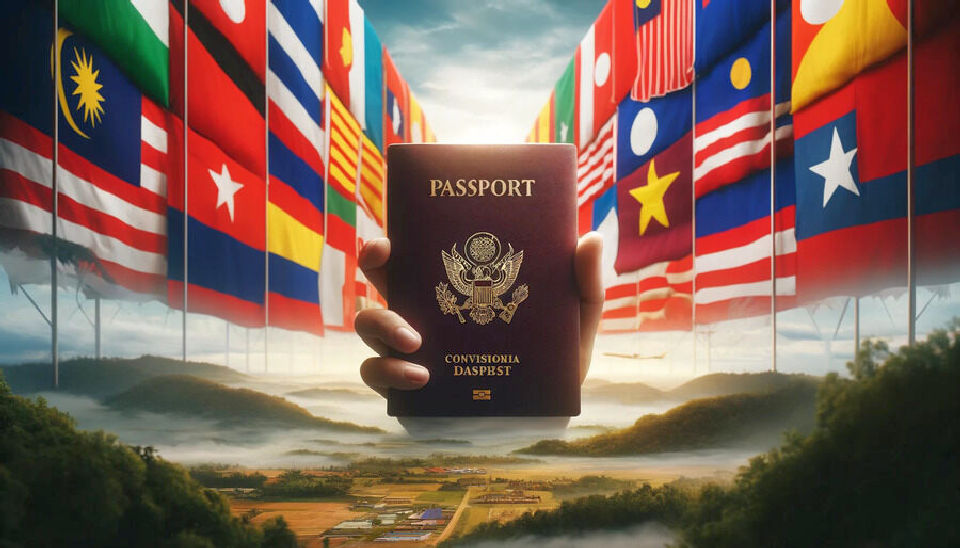
The Thai prime minister's campaign to introduce a Schengen-style visa program for travel across the region has become stuck in bureaucracy. Thailand, Cambodia, Malaysia, Myanmar, Vietnam and Laos each has different travel regulations which are proving hard to disentangle. For example, Thailand now allows no-cost visa exemptions for tourist traffic from 93 countries, about half the number agreed by Vietnam. Cambodia charges almost all visitors US$30 on arrival or via e-visa application, while troubled Myanmar insists on a pre-purchased visa which can take up to two weeks to issue.
Chief executive of VietSense Travel, Nguyen Van Tai, said that the ASEAN block should not rush into a common visa as political and security issues had not yet been resolved. The Cambodian immigration service last week reported there were no plans to lift the US$30 tourist fee. Marisa Sukosol Nunbakdi, a past president of the Thai Hotels Association, said any common visa would need to be 90 days, not 30 or 60, to reach its international potential. Thitian Pongsudhirak, a professor at Chulalongkorn University, stressed that standardized immigration procedures throughout the region were very rare.
Another ongoing complication arises from bilateral (two-country) agreements. For example, the Russian private lender Tinkoff has now started making Thai baht transfers through the Swift messaging system which may explain to some degree why Russians love Thailand. The Russian bank in fact sends funds to around 30 countries including China and Turkey. But some of Thailand's regional partners are unlikely to agree to link up with Tinkoff without lengthy discussion.
Meanwhile, Schengen-style agreements are doing better elsewhere. The Gulf Cooperation Council – comprising the UAE, Saudi Arabia, Oman, Qatar, Bahrain and Kuwait – currently requires separate e-visas. But a Grand Tours visa is expected to be available by the end of 2024 and travel companies are expected to launch packages covering several mi-east countries once implemented. A similar common-visa initiative covering five southern African countries, spreading across massive nature reserves, is expected to popularize tourist attractions such as exotic wildlife and spectacular waterfalls.
Schengen-style, visa-free travel in practice means seamless travel through the signatory countries without the burden of undue passport inspection. The concept creates a much more welcoming environment for tourists by simplifying the multi-entry process by air, sea and land. Given the hesitancy of ASEAN in agreeing any major policy changes and its history of non-intervention in the domestic affairs of member states, a joint visa plan by Thailand and her neighbors remains a worthy dream under discussion since 2010. ASEAN will sleep on it.



Inga kommentarer:
Skicka en kommentar